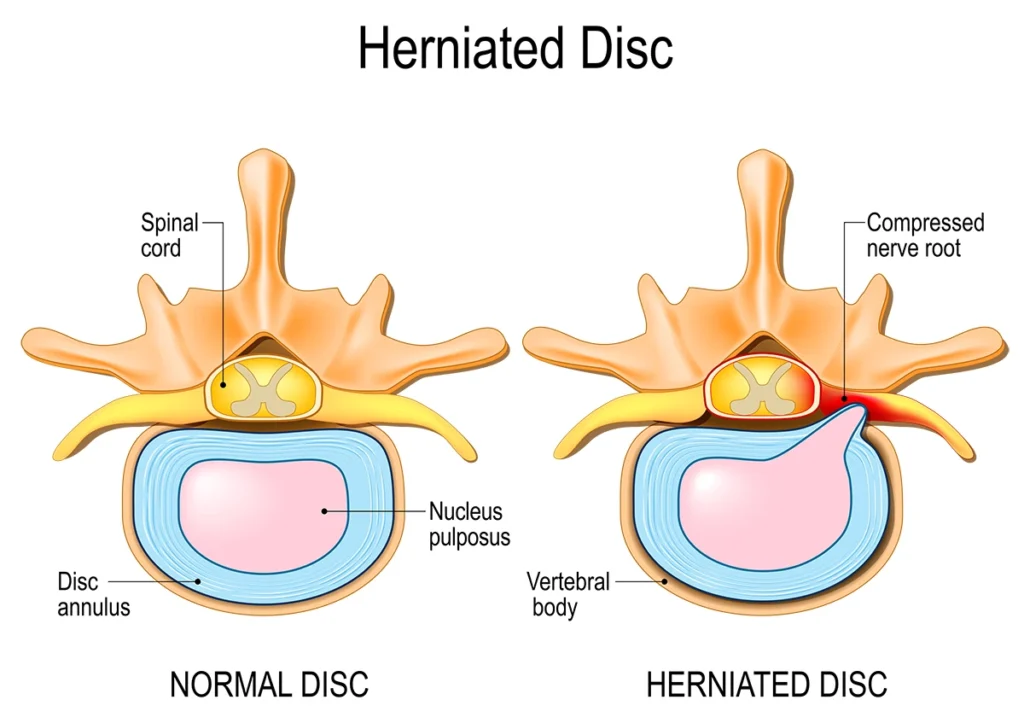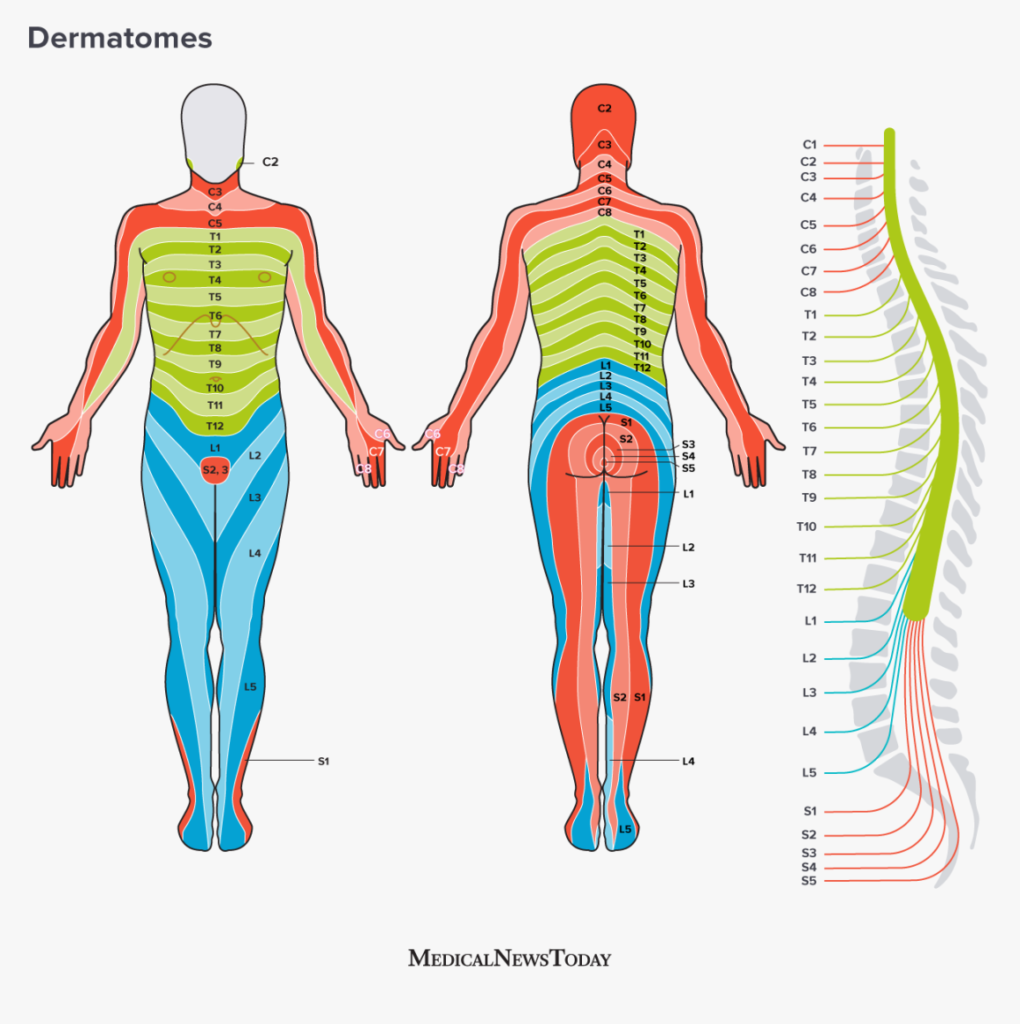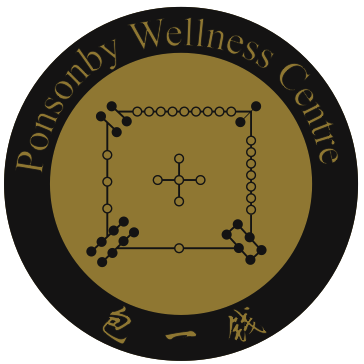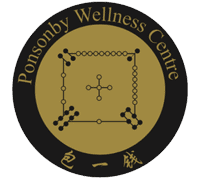What is intervertebral disk herniation?
The human spine is held together by rubbery cushions, called disks, which is positioned between the bones (called vertebrae) and stack them together to form the spine. The disk also has a soft center, called the nucleus. Intervertebral disk herniation, otherwise known as a slipped disk, occurs when the nucleus is pushed out through a weakened or torn part of the disk’s rubbery outer ring, known as the annulus.

Herniated disk can occur in any part of the spine, most commonly in the lower back region. Some characteristics of a herniated disk include pain, numbness or weakness in the arms or legs, as well as in the back, neck, but this is dependent on the location of the affected disc. For example, a herniated disk in the lower back region (L1-L5, coloured in blue) may be associated with pain and numbness in the legs, where as a herniation in the thoracic (T1-T12) and cervical region (C1-C8) may be commonly associated with numbness in hands.
Below is a diagram of dermatomes (a “map” showing the area of the skin connected with specific spinal nerve) which can be used to estimate the location of numbness.

Symptoms

The spine is a complex structure of small bones (vertebrae) held together by disks to protect the spinal cord and the spinal nerves. This explains why a herniation of the disc can lead to numbness, weakness and pain if the nerves are compressed. Some individuals may be asymptomatic but some common symptoms include:
- Arm or leg pain: the most common lower back disk herniation is associated with pain in the lower back region, thigh, buttocks and calf. Sometimes, pain can be felt on the feed too. Whereas a herniation around the neck region is commonly associated with pain around shoulder and arm, where pain is described as sharp or burning sensation.
- Muscle weakness: This occurs when the nerve that functions for muscle becomes compressed, leading to weakness and a declined ability to hold or lift items.
- Numbness: Some tingling and numb sensation are experienced upon nerve compression.
When herniated disk is not treated, it can lead to complications such as:
- Worsened symptoms (pain, numbness, weakness)
- Loss of sensation in the area of the buttocks, perineum and the inner thighs (this is known as saddle anaesthesia)
- Bladder or bowel dysfunction such as trouble with urinating with a full bladder.
Causes and risk factors

- Ageing: as people age, the disk degenerate and become more prone to injuries such as wear and tear even with a minor twist motion.
- Muscle stiffness: less exercise, prolonged immobility can cause muscle stiffness of the body, which may cause compressed nerves.
- Awkward movements: such as twisting and turning while lifting heavy items are more prone to injury.
- Smoking: cigarette smoking has been found as a risk factor where it can reduce the oxygen supply to the disk, causing faster degeneration.
- Sedentary lifestyle: sitting and not moving for too long can exert pressure on the spine and cause disk to slip.
- Excessive movements: physical demanding jobs, weight lifting, bending and twisting can increase the risk of injury.
How can acupuncture help?
Acupuncture has been long known as a powerful tool for pain relief, including pain experienced by patients with a herniated disc. It has also shown that acupuncture can improve the functional mobility in people with disc herniation.
Pain is caused by obstruction of Qi (energy) and lack of nutrition in the theory of traditional Chinese medicine, this means that improving Qi and blood flow can relieve the symptoms of herniated disks.
In terms of pain, acupuncture involves the insertion of small needles into specific acupoints. The needles can stimulate the nerve system and release pain relief endorphins and enkephalins to reduce pain. Additionally, needle insertion improves Qi (energy) and blood flow to the affected area, which improves oxygen supply to the disk and relax muscles, this relaxation reduces pressure around the disk and the compressed nerves to relieve symptoms.
Another traditional Chinese medicine theory is that herniated disc is a result of invasion of cold wind or dampness. Thus, acupuncture in combination with gentle exercise, avoiding cold drinks and food such as alcohol, ice cream, ice water, drying hair after shower, wearing socks and keeping warm, can reduce the symptoms of disk herniation. Moreover, by inserting the needle to improve blood flow can also induce warmness, thus clearing the dampness.
Effectiveness of acupuncture
In a meta-analysis study conducted by Tang et al. (2018), where they gathered 30 randomised controlled trials involving 3503 participants and analysed the effectiveness of acupuncture for lumbar disk herniation. Result found out that acupuncture was more effective than lumbar traction, ibuprofen, diclofenac sodium (a strong pain killer) and meloxicam (non-steroidal anti-inflammatory drug).
Other prevention strategies besides from acupuncture
- Optimal exercise can help strengthen and stabilise the spine to prevent the risk of herniation. However, individuals should avoid over excess or inappropriate weight lifting. For lifting heavy items, individuals should use leg to do most of the work and avoid using your back.
- Keeping a good posture can reduce the pressure exerted on the spine and the disks, this includes sitting up straight, especially when sitting down for a long period of time.
- Reduce smoking can prevent the early degeneration of disks.
Read more about:
Contact Us
You can also book an appointment with our expertise acupuncturist here
Contact us via:
phone number: 021 2159963
email address: ponsonbywellness@gmail.com
Our Location
57 Sussex St,
Ponsonby,
Auckland 1021


